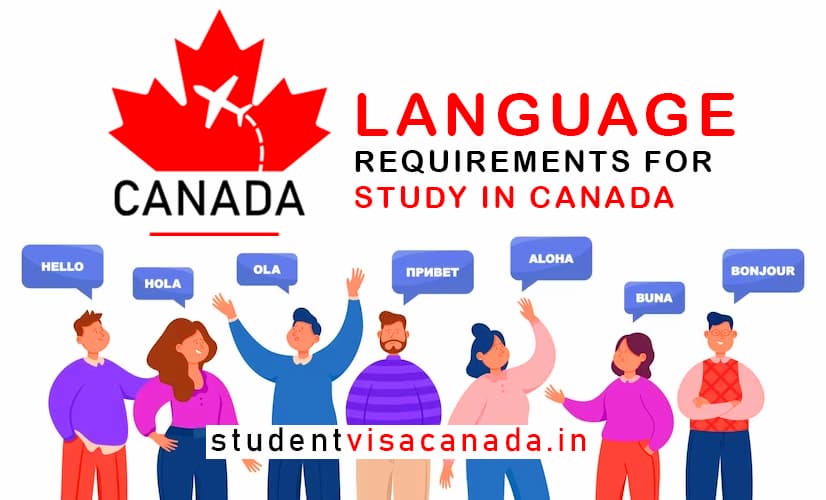Explore the essential world of language requirements for international students in our comprehensive blog post. Learn how these requirements differ by country, institution, and program. Discover the most common proficiency tests like IELTS and TOEFL for English and DELF and TCF for French. Uncover the nuances of institution-specific language evaluations and language courses.
Planning to study abroad? Start by understanding and meeting language prerequisites. Dive into the full post for a complete guide to ensuring a smooth and successful international academic journey.
Introduction
If you’re thinking about studying in a different country, you’ll likely have to prove you can speak the language used for your classes. These language requirements depend on where you want to study and what you want to study. In this post, we’ll break down what you need to know about these requirements and the tests you might have to take.
Understanding Language Requirements
Language requirements make sure you can understand your teachers, classmates, and your coursework. They’re there to help you have a successful learning experience. To meet these requirements, you usually have to prove that you’re good at the language of instruction, often through standardized tests or other evaluations.
Common Tests for English Language Proficiency
If you plan to study in an English-speaking country like the United States, Canada, the United Kingdom, or Australia, you might need to take tests like IELTS or TOEFL to show you can use English well.
- IELTS: This test checks your listening, reading, writing, and speaking skills. They score it from 1 to 9, and different universities have different score requirements. A higher score means you’re better at English.
- TOEFL: TOEFL is another English test. It looks at your reading, listening, speaking, and writing skills. Universities worldwide accept it, and your score is usually between 0 and 120.
French Language Proficiency
If you’re heading to a French-speaking country, like France or parts of Canada, you might need certificates like DELF or TCF to prove you can speak French well.
- DELF: This test comes in different levels, each one checking different skills. It’s a recognized certificate for studying in French-speaking places.
- TCF: The TCF test looks at your French language skills. It includes sections for listening, reading, writing, and speaking.
Requirements from Specific Institutions
Some universities might have their own language tests or courses for international students. These requirements might be important if you want to study in a place with a unique language, like the Basque Country in Spain.
Planning for Success
Before applying to study abroad, do some homework. Find out what language tests the university accepts, what scores they require, and whether they offer language courses or assessments. When you know this information, you can make a plan to meet the language requirements.
Conclusion
Meeting language requirements for international students is a big part of having a great study experience in a different country. Whether it’s IELTS and TOEFL for English-speaking places or DELF and TCF for French-speaking countries, being prepared is the key. Research, preparation, and hard work can help you succeed in meeting these language requirements and making your international study dreams come true.
Study in Canada
With IELTS/ Without IELTS
Learn more about Student Direct Stream (SDS)



